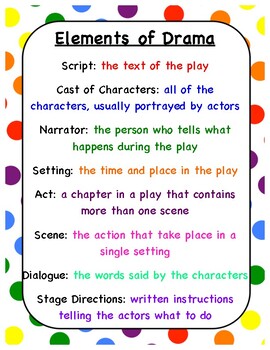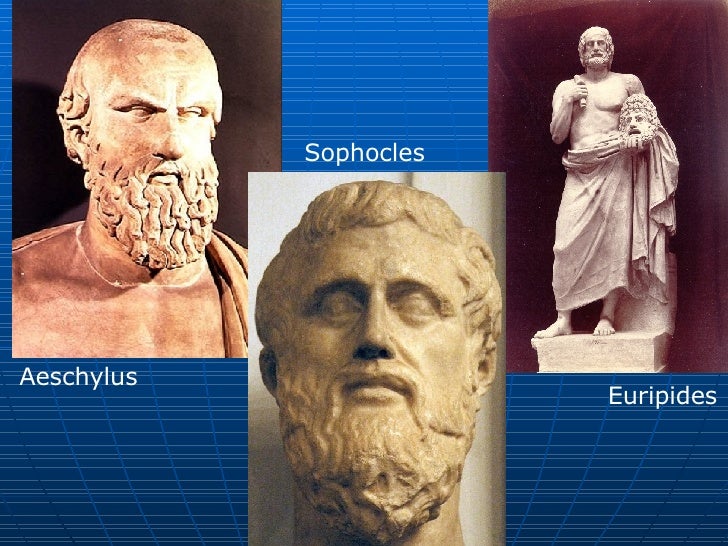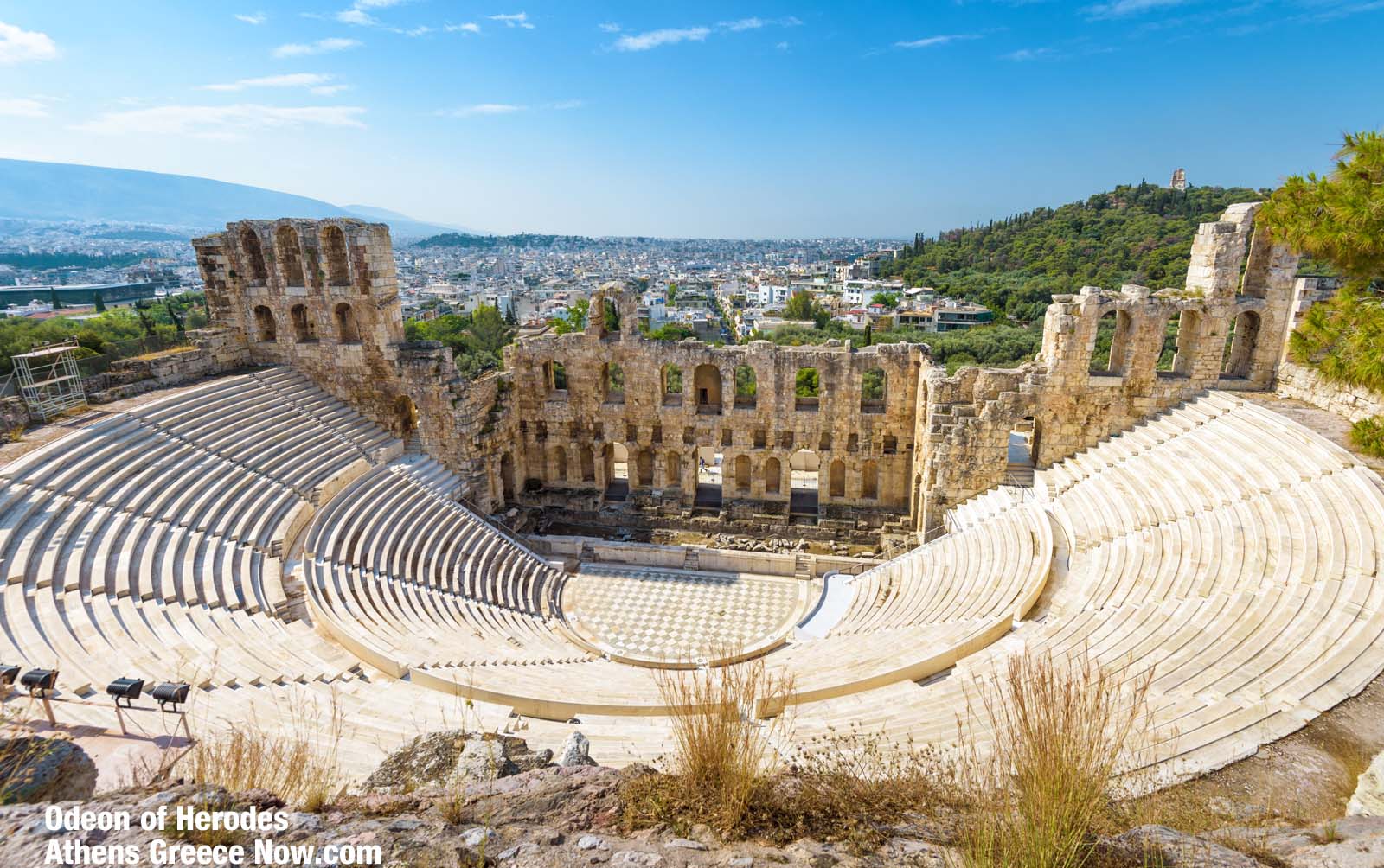Why Teach Drama in the Classroom?
Glenda Nisthal Rosal, Last updated on February 5, 2022
Drama is the portrayal of fictional or non-fictional events through performing a written dialog (either prose or poetry). Dramas are usually called plays, and their authors are known as playwriters or dramatists.
Which are the main elements of the drama?
In its beginnings, drama was performed on stage but in recent times it is also performed on film or the radio. However, the Ancient Greeks were the creators of the first plays and their main types; tragedy and comedy which are still used today. Some of their outstanding playwriters were Aeschylus, Sphocles, Euripides, and Aristophanes. Their plays used to be performed in large amphitheatres so all the people could see them.
Besides tragedy and comedy there are others types of drama such as farse, opera, melodrama, and musical drama.
Drama at school
Since children start school, they perform different kinds of dramatic activities such as make-believe play, enabling them to make sense of their own identity while they are exploring fictional situations that have parallels in the real word. They move and interact with others though games, dialogues, role plays, reading and writing activities, among others.
Teaching Drama is fun but is also a powerful teaching tool that teachers can use. It helps to build the learner's confidence and self-esteem, develops and reinforce core values such as emphaty, responsability, honestity, and respect, as well as they are able to express their feelings and thoughts freely.
It also improves language skills, verbal and non-verbal communication, as well as cognitive skills. Students improve their concentration mental levels and the ability to solve problems. Through drama activities, children learn to develop their social skills though working with their crew.
Drama class is a wide open door to enjoy life!
Some others benefits to teach Drama are:
So, what kind of drama activities can teachers use in their class?
2. Improvisation games allow drama students to develop individual confidence and skill.
3. Monologue work is a great way to ensure that each student gets individual attention and practice.
References:
Drama Resource. Why Teach Drama to Primary School Children?Farmer, D. Retrieved from https://dramaresource.com/why-teach-drama-to-primary-school-children/
Faust. The Benefits to Teach Drama for Children. Retrieved from https://www.faustworld.com/the-benefits-of-drama-for-children.asp
Kiddle. Theatre facts for kids. Retrieved from https://kids.kiddle.co/Theatre
Orchids. Ten Benefits of Learning Drama at Schools. Retrieved from https://www.orchidsinternationalschool.com/blog/creativity/ten-benefits-of-learning-drama-at-schools/#:~:text=range%20of%20purposes.-,Drama%20and%20theatrics%20give%20children%20opportunities%20to%20understand%20and%20deal,helping%20them%20lead%20better%20lives.






No comments:
Post a Comment